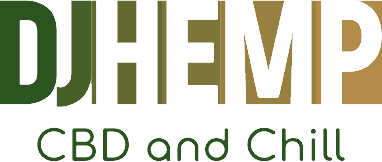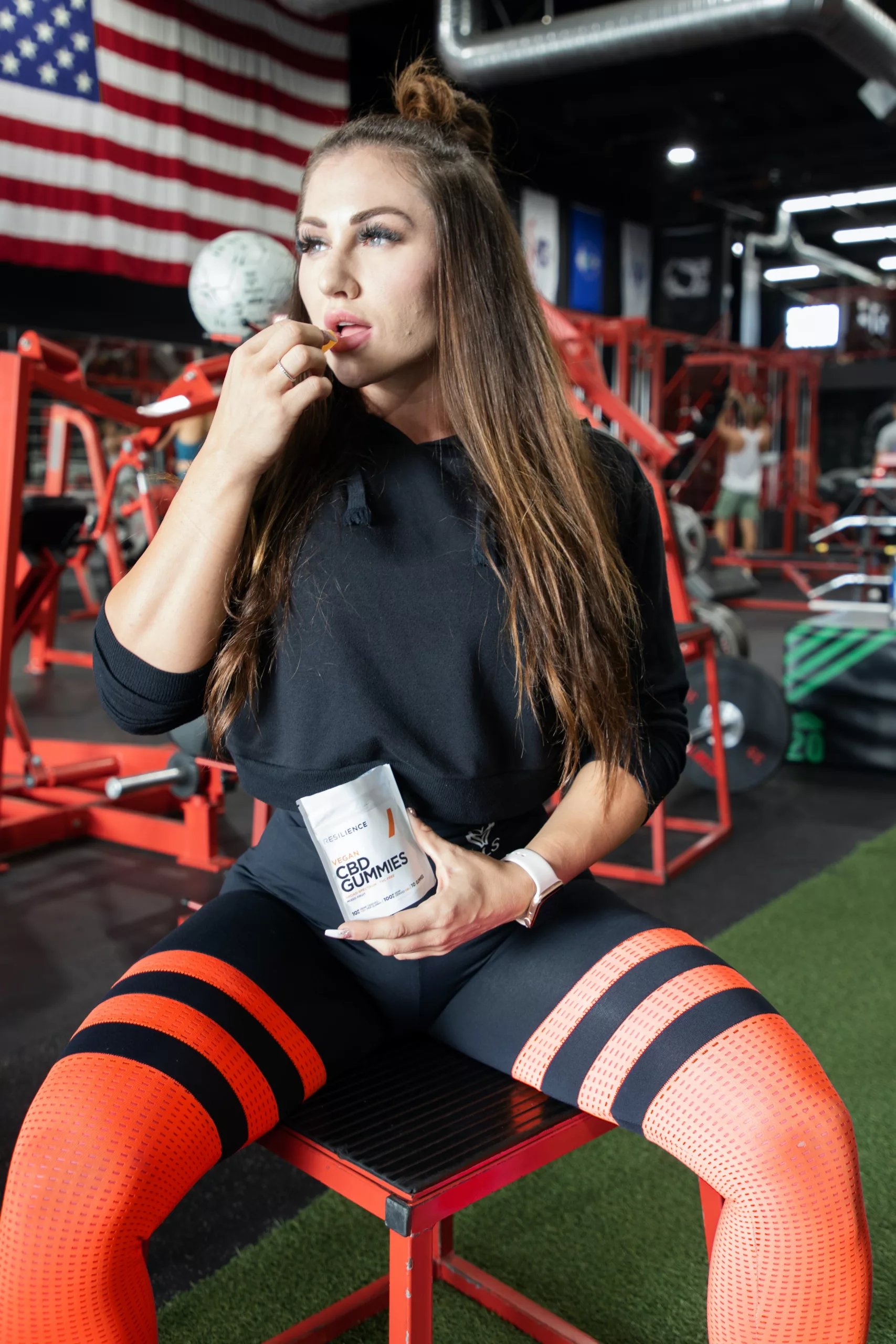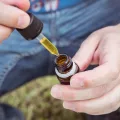Are you curious about the latest health craze, CBD? Cannabidiol, or CBD, is a naturally occurring compound found in the cannabis plant.
Many people have turned to CBD as a natural way to alleviate stress, anxiety, and pain.
In this ultimate guide, we’ll break down everything you need to know about CBD, from what it is to how it works, and how to choose the right product for you.
Jump to Section
What is CBD?
Definition of CBD
CBD is one of over a hundred compounds found in the cannabis plant.
Unlike THC, another compound found in cannabis, CBD is non-psychoactive, meaning it won’t get you high.
CBD is typically derived from hemp, which has much lower levels of THC than marijuana.
How is CBD different from THC?
While THC and CBD are both compounds found in the cannabis plant, they have different effects on the body.
THC is the psychoactive compound that produces a “high,” while CBD does not.
CBD is known for its potential therapeutic properties, which is why it’s become so popular.
Is CBD legal?
In the United States, CBD derived from hemp is legal under the 2018 Farm Bill, as long as it contains less than 0.3% THC.
However, regulations surrounding CBD can vary by state, so it’s important to check your local laws before purchasing.
How Does CBD Work?
The Endocannabinoid System
The endocannabinoid system is a complex network of receptors and neurotransmitters that help regulate many functions in the body, including mood, appetite, and sleep.
The body naturally produces endocannabinoids, which bind to these receptors.
CBD’s Interaction with the Endocannabinoid System
CBD interacts with the endocannabinoid system by binding to receptors in the body, which can help regulate functions like pain and inflammation.
CBD has also been shown to increase the body’s natural production of endocannabinoids.
CBD’s Benefits
CBD has been shown to have potential therapeutic benefits, such as reducing anxiety and depression, alleviating pain and inflammation, and improving sleep.
Types of CBD Products
CBD Oil
CBD oil is a popular option for those looking to try CBD.
It’s typically taken sublingually (under the tongue), and can also be added to food or drinks.
CBD Edibles
CBD edibles are a tasty way to consume CBD. They come in many forms, such as gummies, chocolates, and baked goods.
CBD Topicals
CBD topicals are creams, balms, and lotions that are applied directly to the skin. They can help with localized pain and inflammation.
CBD Vape Juice
CBD vape juice is heated and inhaled through a vaporizer.
It’s a fast-acting way to feel the effects of CBD, but it’s important to note that inhaling any substance can be harmful to the lungs.
| Product Type | Pros | Cons |
|---|---|---|
| CBD Oil | Fast-acting, versatile | May have a strong taste |
| CBD Edibles | Tasty, discreet | Effects may take longer to feel |
| CBD Topicals | Targeted relief | Effects may be limited |
| CBD Vape Juice | Fast-acting, customizable | Inhaling any substance can be harmful to the lungs |
How to Choose the Right CBD Product for You
- Consider your reason for taking CBD
- Determine your preferred method of consumption
- Check the product’s potency and purity
- Read reviews and choose a reputable brand
Dosage and Consumption
Finding the Right Dosage
CBD dosage can vary based on individual factors like weight and tolerance.
It’s best to start with a low dosage and gradually increase until you feel the desired effects.
Methods of Consumption
CBD can be consumed in many ways, including sublingually, topically, or by inhaling. Each method has different onset and duration times.
When to Take CBD
CBD can be taken at any time of day, but it’s important to be consistent with your dosing schedule.
Some people find that taking CBD before bed can help improve sleep.
Potential Side Effects and Risks
Possible Side Effects
Some people may experience side effects from taking CBD, such as dry mouth, nausea, or dizziness. These side effects are typically mild and temporary.
Risks and Precautions
While CBD is generally considered safe, it’s important to talk to your healthcare provider before taking it, especially if you’re taking other medications.
CBD may interact with certain medications or have potential risks for specific health conditions.
Interactions with Other Medications
CBD may interact with certain medications, including blood thinners and anti-seizure medications.
It’s important to talk to your healthcare provider before taking CBD if you’re taking any other medications.
Conclusion
Now that you know the basics of CBD, you can make an informed decision about whether it’s right for you.
Remember to choose a reputable brand, start with a low dosage, and be consistent with your dosing schedule.
Always talk to your healthcare provider before taking CBD, especially if you’re taking other medications.
Frequently Asked Questions
What is the difference between hemp and marijuana?
Hemp and marijuana are both cannabis plants, but they have different levels of THC. Hemp has much lower levels of THC than marijuana.
Will CBD get me high?
No, CBD is non-psychoactive and will not produce a “high.”
How can I tell if a CBD product is high quality?
Look for products that have been third-party tested and have a Certificate of Analysis (COA) available. These documents will show the potency and purity of the product.
Can I take too much CBD?
While it’s difficult to overdose on CBD, taking too much can lead to mild side effects like nausea or dizziness.
It’s best to start with a low dosage and gradually increase until you feel the desired effects.
How long do the effects of CBD last?
The effects of CBD can vary based on individual factors like dosage and method of consumption.
Generally, the effects of CBD can last anywhere from a few hours to a whole day.
I am a CBD enthusiast and creator of DJ Hemp who has made it my mission to enlighten the world about the cannabis industry through thought-provoking literary works.
I have successfully fostered an open-minded, inquisitive community that is eager to learn more about the potential benefits of CBD.
Contact me at [email protected] for assistance.





